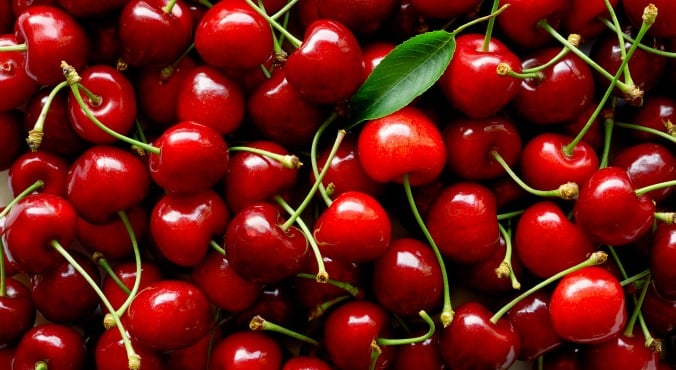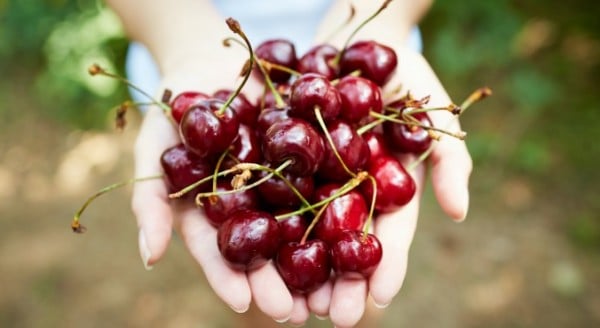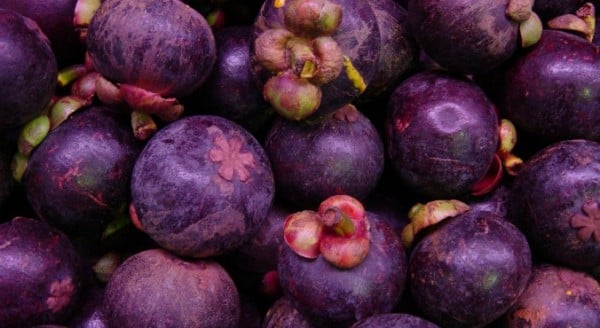
Image: iStock. By Karen Charlton, University of Wollongong and Katherine Kent, University of Wollongong.
Summer fruits are back on Australian tables. We’ve long known cherries and other stone fruits provide a range of essential vitamins and minerals. But here’s another reason to make sure they’re on the shopping list: they’re good for the brain.
Flavonoids
Flavonoids are nutrients that contain more than 6,000 unique compounds. They’re widespread in plants, and are grouped into five subclasses: flavonols, flavan-3-ols, flavones, flavonones and anthocyanins.
The major sources of flavonoids in the diets of older Australians are black tea (89%), oranges and orange juice (2.7%), green tea (1.3%) and bananas (0.9%).
Flavonoids protect plants from microbe and insect damage, which may explain some of their observed health benefits in humans. They contribute to the sensory characteristics of foods such as flavour, astringency and colour.
Anthocyanins, for example, provide the red, blue and purple pigments in fruits such as strawberries, cherries, blueberries and plums. They’re also found in red wine, tea, coffee, and some vegetables such as red onion and cabbage. (Check out Mamamia TV’s green smoothie recipe. Post continues after video.)


